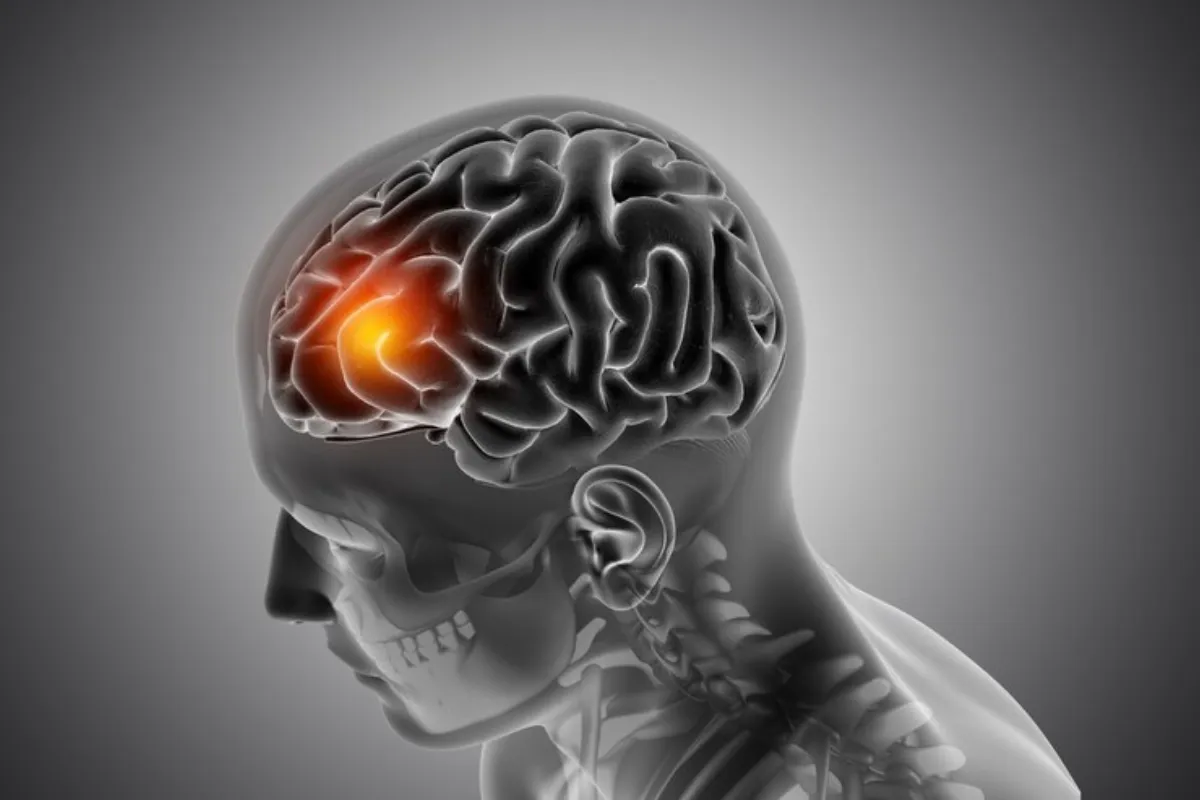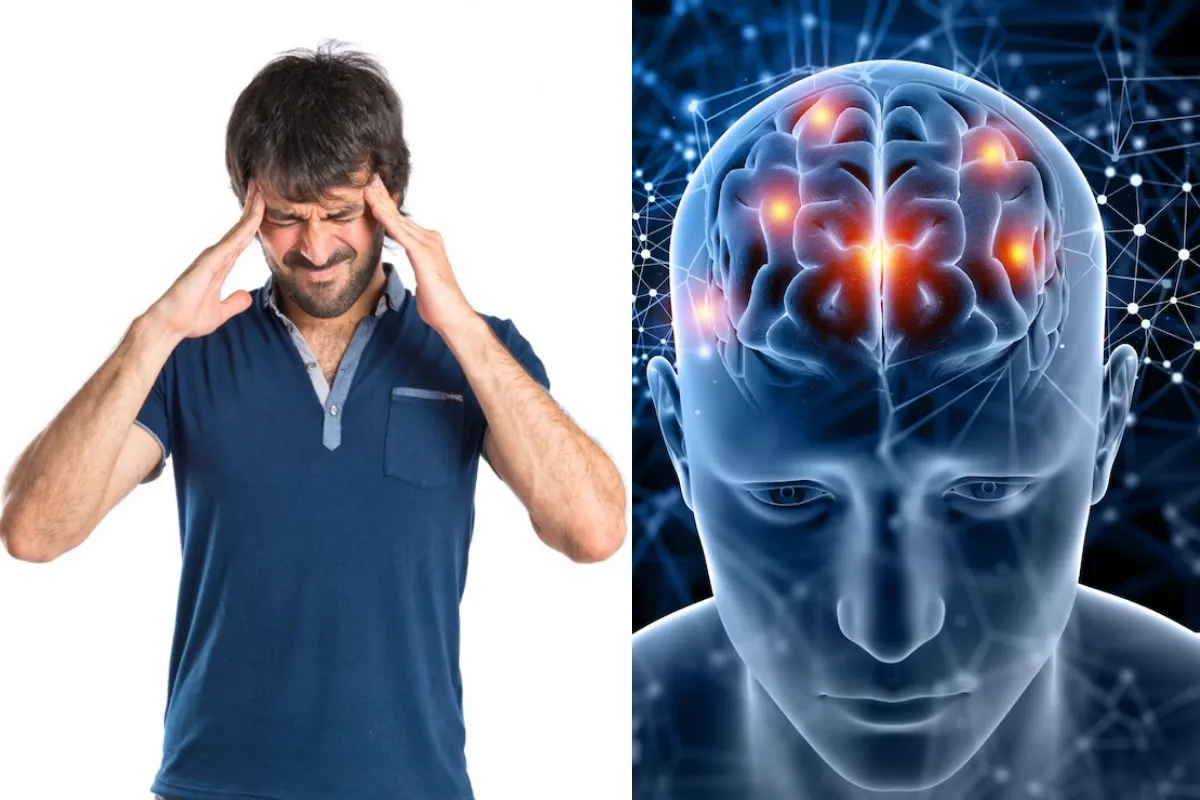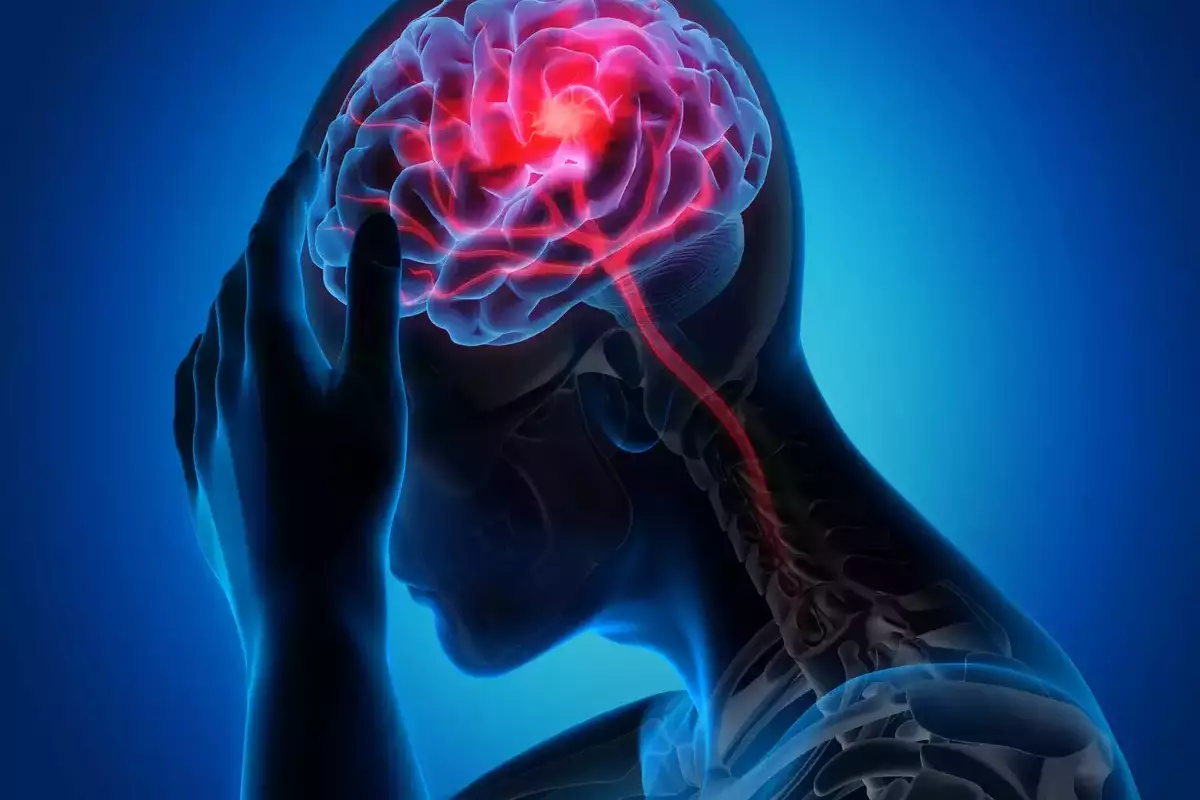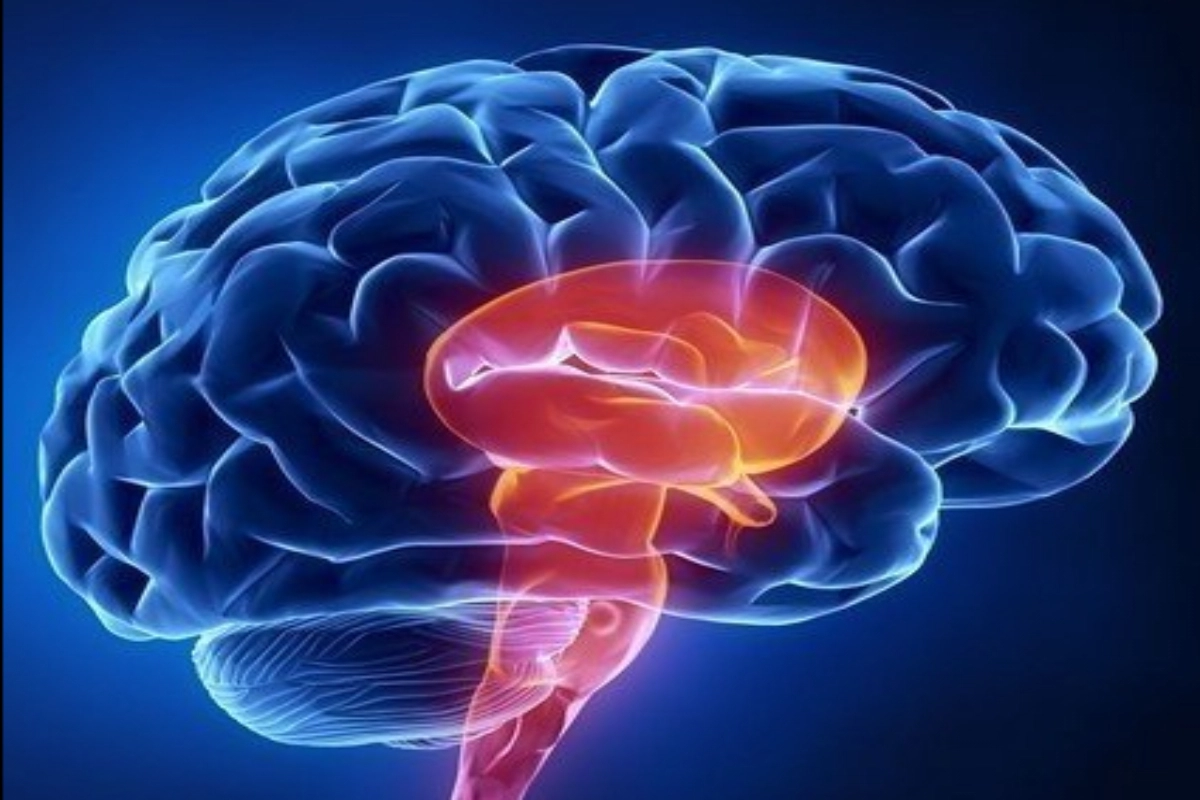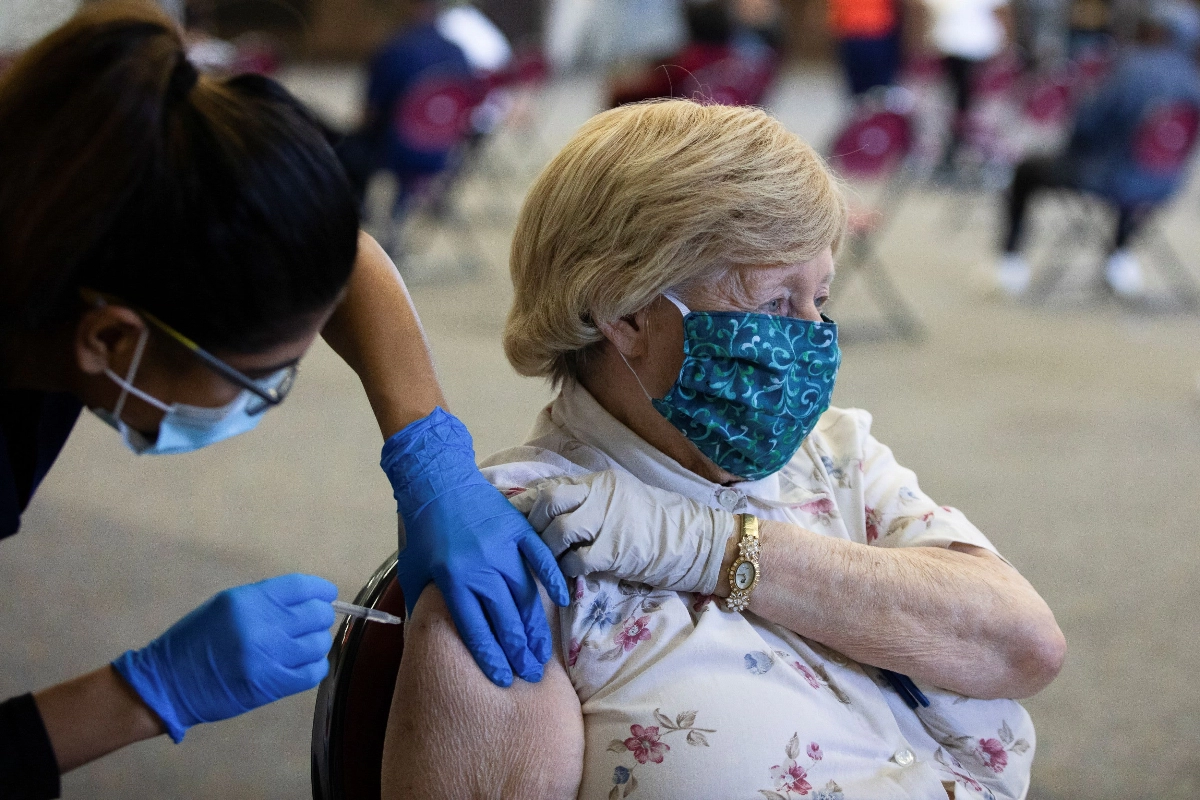Brain stroke, often referred to as a cerebrovascular accident (CVA), is a medical emergency that occurs when blood flow to the brain is interrupted or reduced, leading to damage or death of brain cells. It is crucial to understand the causes, recognize the symptoms, and take necessary precautions to prevent the occurrence of strokes. In this article, we will delve into the intricacies of brain stroke, shedding light on its causes, symptoms, and preventive measures.
What is Brain Stroke?
A brain stroke occurs when there is a disruption in the blood supply to the brain. This interruption can be caused by either a blockage in the blood vessels (ischemic stroke) or the rupture of blood vessels (hemorrhagic stroke). Ischemic strokes are more common, accounting for approximately 87% of all stroke cases, while hemorrhagic strokes occur when a weakened blood vessel ruptures and spills blood into the brain.
Causes of Brain Stroke
- Hypertension: High blood pressure is one of the leading causes of brain stroke. Persistent hypertension can damage blood vessels, increasing the risk of blockages or ruptures.
- Atrial Fibrillation: Irregular heart rhythm, known as atrial fibrillation, can cause blood clots to form in the heart. These clots can travel to the brain and cause a stroke.
- Smoking: Tobacco smoke contains harmful chemicals that can damage blood vessels and increase the risk of stroke.
- Diabetes: Uncontrolled diabetes can lead to the narrowing and hardening of blood vessels, making individuals more susceptible to strokes.
- High Cholesterol: Elevated levels of cholesterol can lead to the buildup of plaque in the arteries, restricting blood flow to the brain.
- Obesity: Being overweight or obese can increase the risk of stroke due to factors such as high blood pressure and diabetes.
- Sedentary Lifestyle: Lack of physical activity can contribute to various risk factors for stroke, including obesity, hypertension, and high cholesterol.
- Family History: Individuals with a family history of stroke are at a higher risk of experiencing a stroke themselves.
Recognizing the Symptoms of a Brain Stroke
Prompt recognition of stroke symptoms is crucial for early intervention and better outcomes. The acronym “BE FAST” can help identify the main warning signs:
B – Balance: Sudden loss of balance or coordination
E – Eyes: Sudden blurred or double vision
F – Face: One side of the face droops
A – Arms: Weakness or numbness in one arm
S – Speech: Slurred speech or difficulty understanding
T – Time: Time to call emergency services immediately
Other symptoms may include severe headache, dizziness, confusion, and difficulty swallowing.
Preventing Brain Strokes
While some risk factors like age and family history are non-modifiable, many others can be controlled through lifestyle changes:
- Maintain a Healthy Diet: Adopt a diet rich in fruits, vegetables, whole grains, and lean proteins. Limit saturated fats, sodium, and processed foods.
- Regular Exercise: Engage in moderate physical activity for at least 30 minutes most days of the week. Exercise helps control weight, lower blood pressure, and improve overall cardiovascular health.
- Quit Smoking: Smoking significantly increases the risk of stroke by damaging blood vessels and promoting clot formation.
- Manage Chronic Conditions: Effectively manage conditions like high blood pressure, diabetes, and high cholesterol through medication, diet, and exercise as prescribed by your healthcare provider.
- Limit Alcohol Consumption: Excessive alcohol intake can raise blood pressure and increase stroke risk. Moderation is key.
- Reduce Stress: Chronic stress can contribute to high blood pressure and other risk factors. Practice stress management techniques like meditation, yoga, or deep breathing exercises.
Post-Stroke Care and Recovery
If you or someone you know experiences a stroke, seek immediate medical attention. Early treatment can minimise brain damage and improve the chances of recovery. Rehabilitation, including physical, occupational, and speech therapy, can help regain lost functions and improve quality of life.
A brain stroke is a serious medical emergency that requires immediate attention. By understanding the causes, recognizing the symptoms, and implementing preventive lifestyle changes, you can significantly reduce your risk of experiencing this potentially life-threatening condition. Remember, timely action and a proactive approach can make a significant difference in minimizing the impact of a stroke and improving the chances of recovery.
Disclaimer: This material, including advice, provides general information only. It is in no way a substitute for a qualified medical opinion. Take the methods, and claims mentioned in this article as suggestions only; DNP India does not confirm or refute them. Consult a doctor before implementing any such suggestions/ treatment/medicine/diet.


